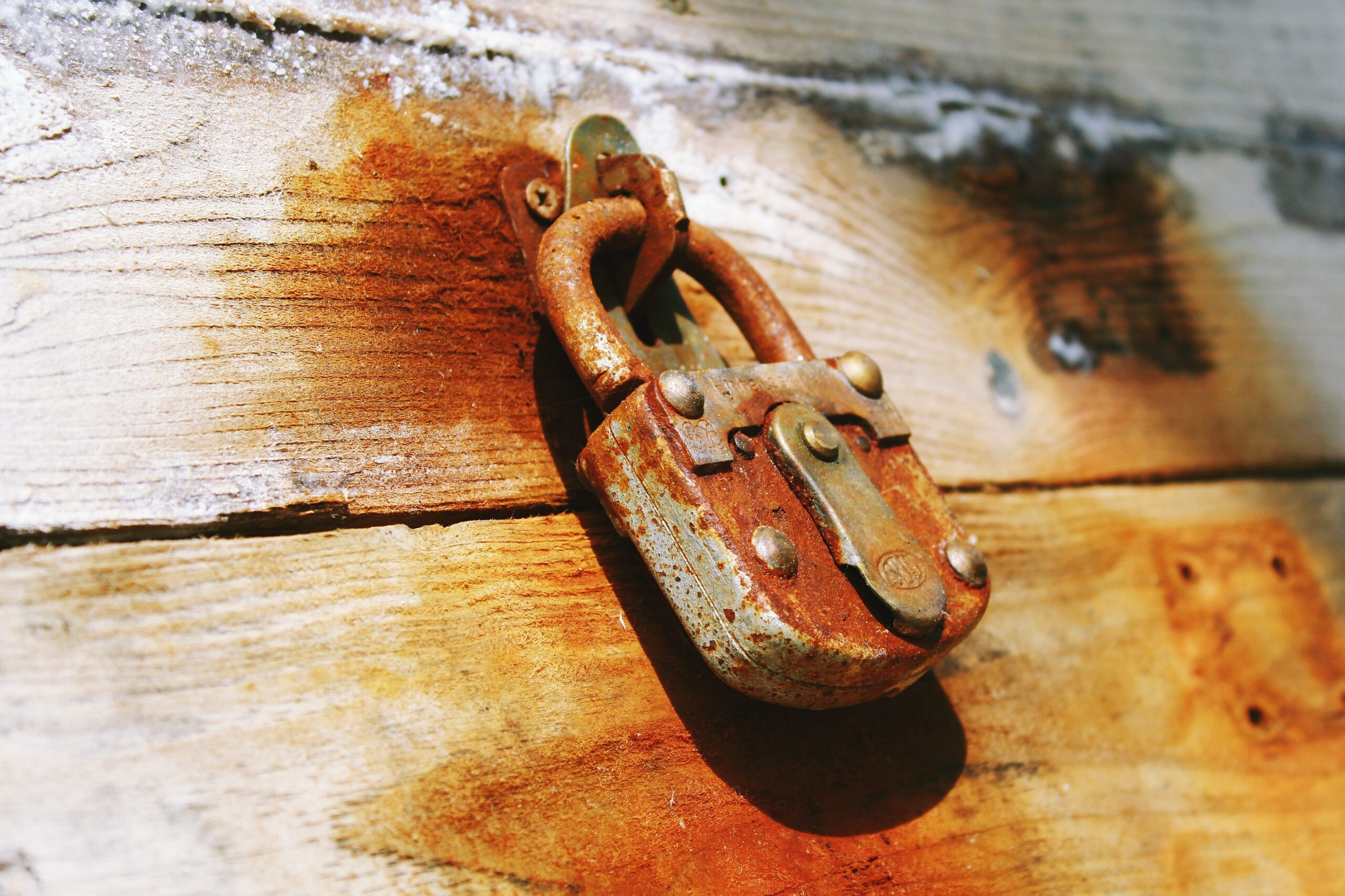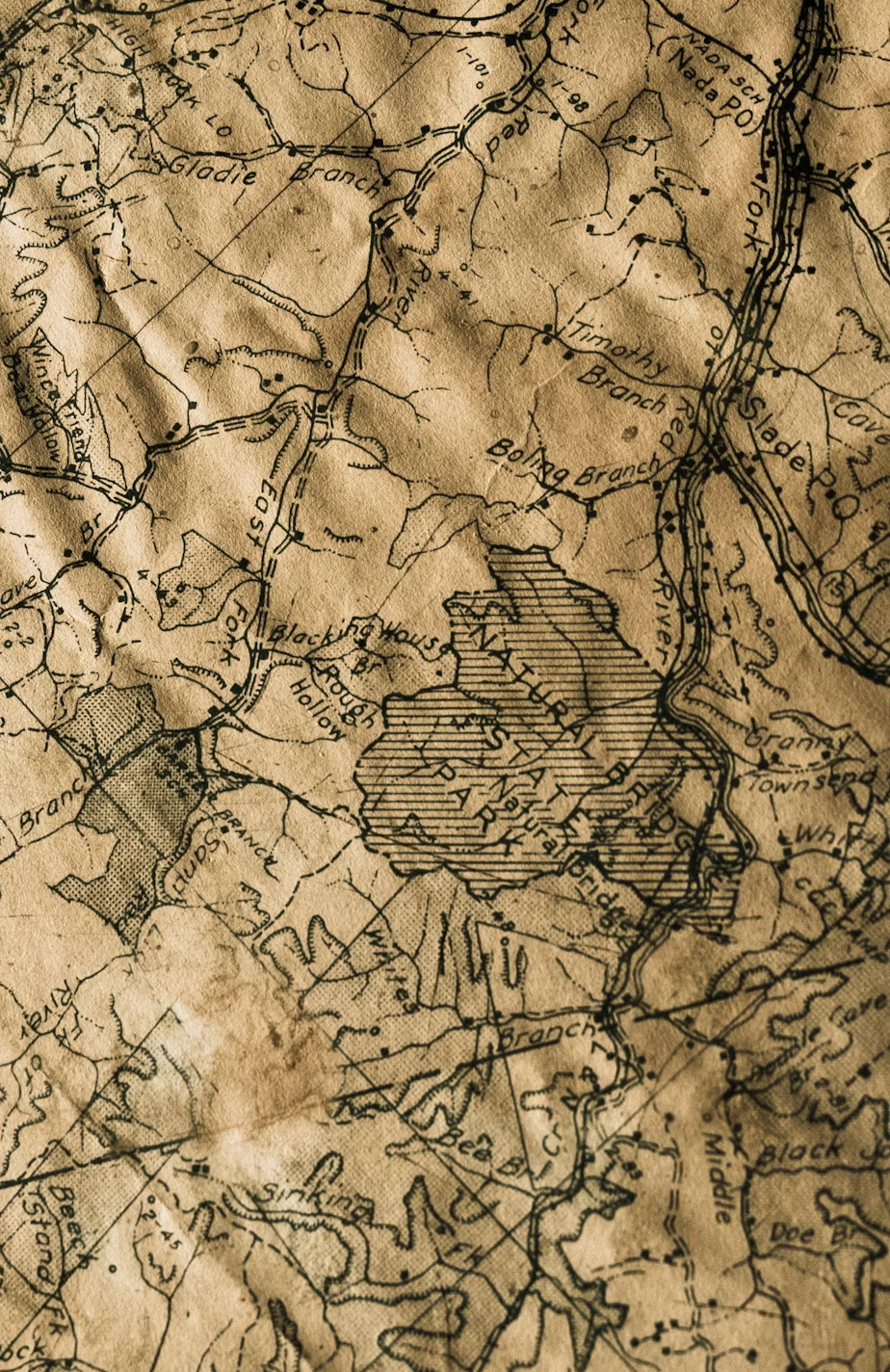I cannot remember a time when I was not chosen last.
That and the great, timeless subjects: music, weather, war.
Wounds are openings through which presence shines through.
The child in the doll, Christ in the wafer, the ocean in a droplet.
The photos of beloveds I store in a keepsake box, under the bed.
A heaven without animals, the body and its angel: burial grounds.
My body was dialogue and forgiveness. My body was a hovercraft,
motherless, confusing the distinction between epitaph and epigraph.
I pity the meat that carnivores eat: how it died for them, will not rise.
Call it the underworld, call it sleep. The heart clenched, whooshing
blood to the rest of the system, untouched by Anthropocenic grief.
The world bloomed, phosphorescent: black and blue, like a bruise.
I will go back to events commemorating life one day, fictitiously.
Weightless as a cumulous cloud, heavy as the infinitive to weep.
The widow is singular at night, putting out milk for her children
through the lattice of trees in the dark theatre of a broken chord.
Fast food joints occupy street corners where church used to be.
No self-statements are true, and the righteous won’t be moved.
I do not believe in happiness, unless by happy, you mean free.
Virginia Konchan is the author of four poetry collections and a collection of short stories, and co-editor of the craft anthology Marbles on the Floor: How to Assemble a Book of Poems. Her poems have appeared in The New Yorker, The New Republic, The Atlantic, American Poetry Review, and The Believer.




